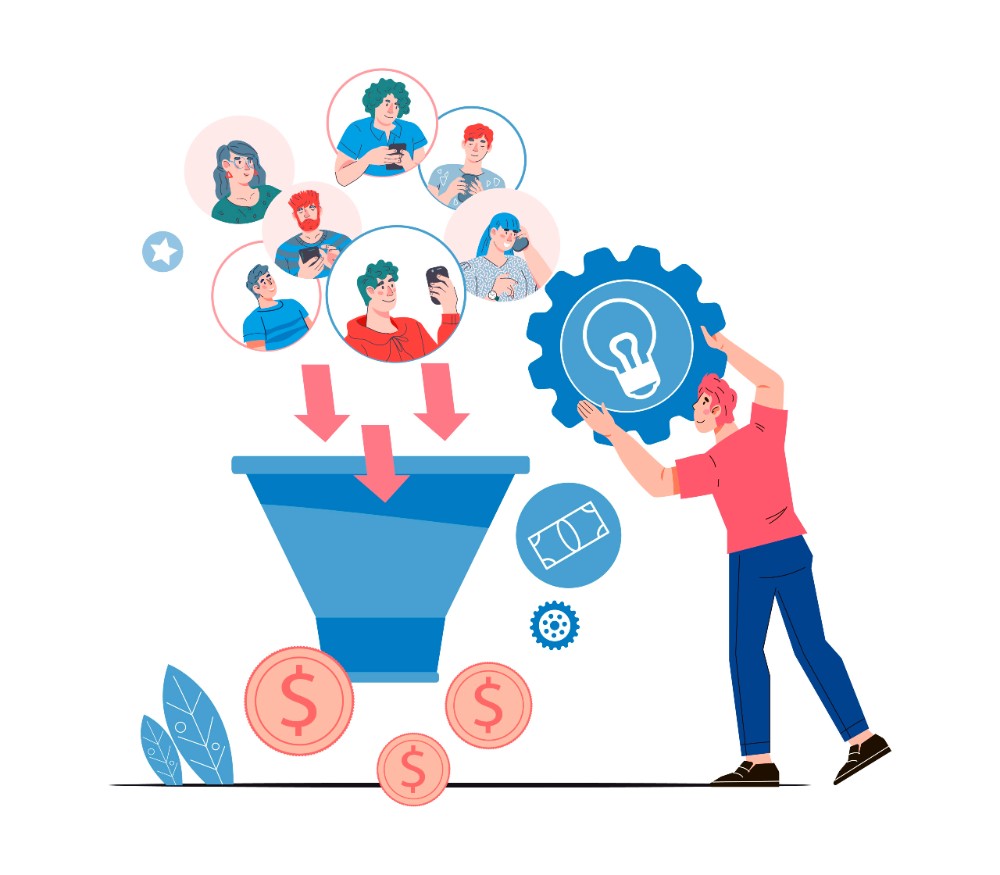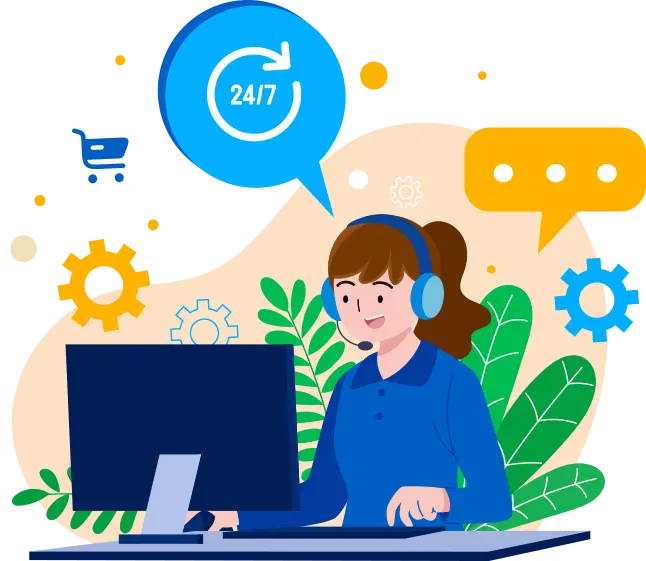The quality of artificial intelligence models depends directly on the accuracy of the data that feeds them. Data annotation and quality assurance (QA) are essential steps to ensure reliable and actionable results. Outsourcing these tasks allows companies to access specialized experts, reduce timelines, and control costs. Whether it involves text, images, or videos, professional data handling is a strategic lever to transform raw information into effective and relevant models.
Why Data Annotation Is Essential
Data annotation involves labeling raw information so that AI models can interpret it correctly. This includes tagging images, classifying text, or transcribing audio. Accurate annotation ensures that the model learns properly, reducing the risk of errors and biases. In sectors such as healthcare or finance, a single annotation mistake can have significant consequences, making this step crucial for the success of AI projects.
Model performance directly depends on the quality of annotations. Poorly labeled data leads to inaccurate results, while reliable datasets enable the development of more precise and robust systems.
Benefits of Outsourcing Annotation and QA
Outsourcing annotation and QA offers several advantages:
- Access to specialized experts: External teams are trained in best practices and international standards to ensure reliable annotations.
- Cost and timeline optimization: Building an internal team can be costly and time-consuming. Outsourcing allows resources to scale according to needs and reduces development time.
- Flexibility and rapid scaling: External partners can handle large volumes of data without the company having to recruit extensively.
Concrete Example: An e-commerce company outsourced the annotation of thousands of product photos to an external team. This approach allowed its visual search model to reach 95% accuracy, improving customer experience and online sales.
The Importance of QA in Data Annotation
QA ensures that annotations are verified and validated to maintain data consistency and accuracy. Processes include audits, cross-checking, and the use of automated tools to detect errors and anomalies.
Rigorous QA reduces bias and inconsistencies, ensuring that AI models rely on representative data. This is particularly important for sensitive systems, such as those used in medical diagnostics, fraud detection, or behavioral analysis.
Market Trends and Best Practices
More and more companies are outsourcing annotation and QA to specialized hubs in different countries. These partners provide technical expertise, flexibility, and legal compliance through solutions like international payroll services.
Using collaborative platforms and automation tools allows remote supervision of projects, optimizes productivity, and tracks quality indicators in real time. These solutions provide precise monitoring and ensure datasets remain reliable throughout the project.
Emerging practices highlight the importance of continuous training for outsourced teams, ensuring that they maintain strong skills in the face of rapid advances in AI and machine learning. Certifications, regular audits, and the integration of international standards reinforce the credibility of providers and reassure client companies.
The trend is toward long-term partnerships, where the focus is no longer solely on cost but also on quality, data security, and social responsibility. The most competitive players are those who can successfully combine operational efficiency, confidentiality, and a positive impact on local employment.
Case Studies and Real-World Applications
- Medical sector: A medical AI company outsourced the annotation of radiology images. Regular QA improved AI-assisted diagnostic accuracy by 20% while reducing model training time.
- Sentiment analysis: A company outsourced the annotation of thousands of customer reviews. Continuous QA enabled models to identify sentiment more accurately, improving customer insight and marketing effectiveness.
- Object recognition: A robotics startup outsourced the annotation of surveillance videos. Outsourcing increased processing speed and model reliability for object detection.
These cases demonstrate that outsourcing annotation and QA is an effective practice to accelerate AI projects while ensuring reliable results.
Data annotation and QA are critical steps for ensuring the reliability and performance of AI models. Outsourcing these tasks provides access to experts, optimizes costs, and meets deadlines while maintaining data quality. To secure your projects and benefit from international expertise, Talenteum supports companies with outsourcing and international payroll solutions. Transform your data into business value by choosing a trusted partner.
FAQ – Outsourced IT Helpdesk L1/L2
Data annotation involves labeling raw information so AI models can understand and interpret it correctly. This may include tagging images, classifying text, or transcribing audio. Accurate annotation is crucial because it ensures proper learning, reducing the risk of errors and biases. In sensitive sectors such as healthcare or finance, annotation mistakes can significantly affect outcomes and decisions made by the system.
QA verifies and validates annotations to ensure consistency and accuracy. Processes include audits, cross-checks, and automated tools to detect errors and anomalies. Rigorous QA reduces biases and inconsistencies, ensuring AI models rely on reliable and representative data.
Outsourcing these tasks provides access to specialized experts, cost and timeline control, and the ability to handle large data volumes without extensive hiring. It also allows for flexibility and rapid scaling according to project needs while maintaining high-quality standards.
Outsourcing accelerates AI model development, improves accuracy, and reduces operational costs. For instance, an e-commerce company outsourcing the annotation of thousands of product photos improved its visual search engine accuracy to 95%, enhancing customer experience and boosting sales.
Medical, financial, e-commerce, robotics, and customer sentiment analysis sectors gain the most. Sensitive systems, like AI-assisted medical diagnostics, fraud detection, or behavioral analysis, require precise annotation and rigorous QA to ensure reliable results.
Increasingly, companies outsource to specialized hubs offering technical expertise, flexibility, and legal compliance. Collaborative platforms and automation tools allow remote supervision, real-time quality tracking, and consistent dataset reliability throughout the project.
Talenteum offers outsourcing and international payroll solutions, giving companies access to specialized expertise while optimizing costs and meeting deadlines. With Talenteum, raw data becomes a strategic asset, transforming information into business value for high-performing and reliable AI projects.

👉 Contact us to discuss your project and avoid the pitfalls of international outsourcing, or explore our tech platform at: www.breedj.com




